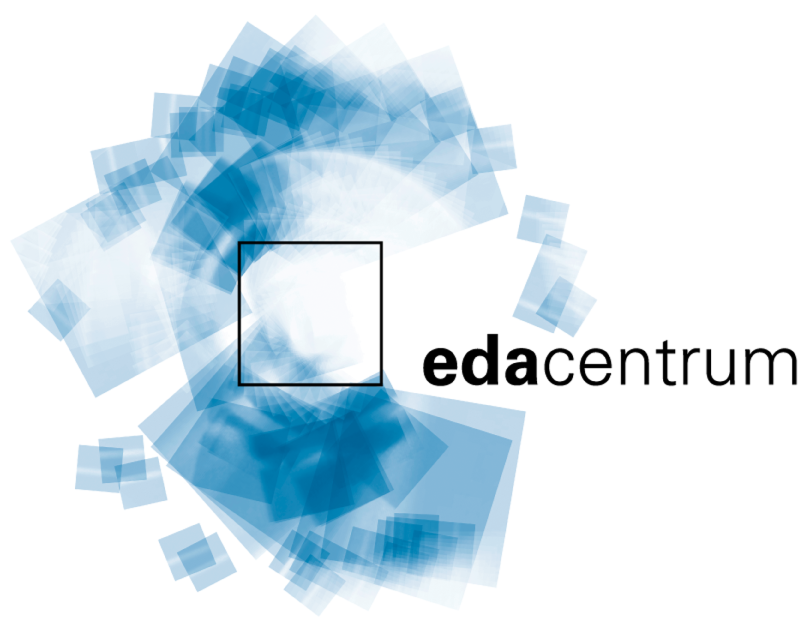Structure
edacentrum is an independent institution geared towards promoting research and development in the electronic design automation (EDA) industry. Founded by the German microelectronics industry, it was funded during its early years by the German Federal Ministry of Education and Research (BMBF). As shown in the diagram below, it consists of an association (edacentrum e.V.) and a limited-liability company (edacentrum GmbH).
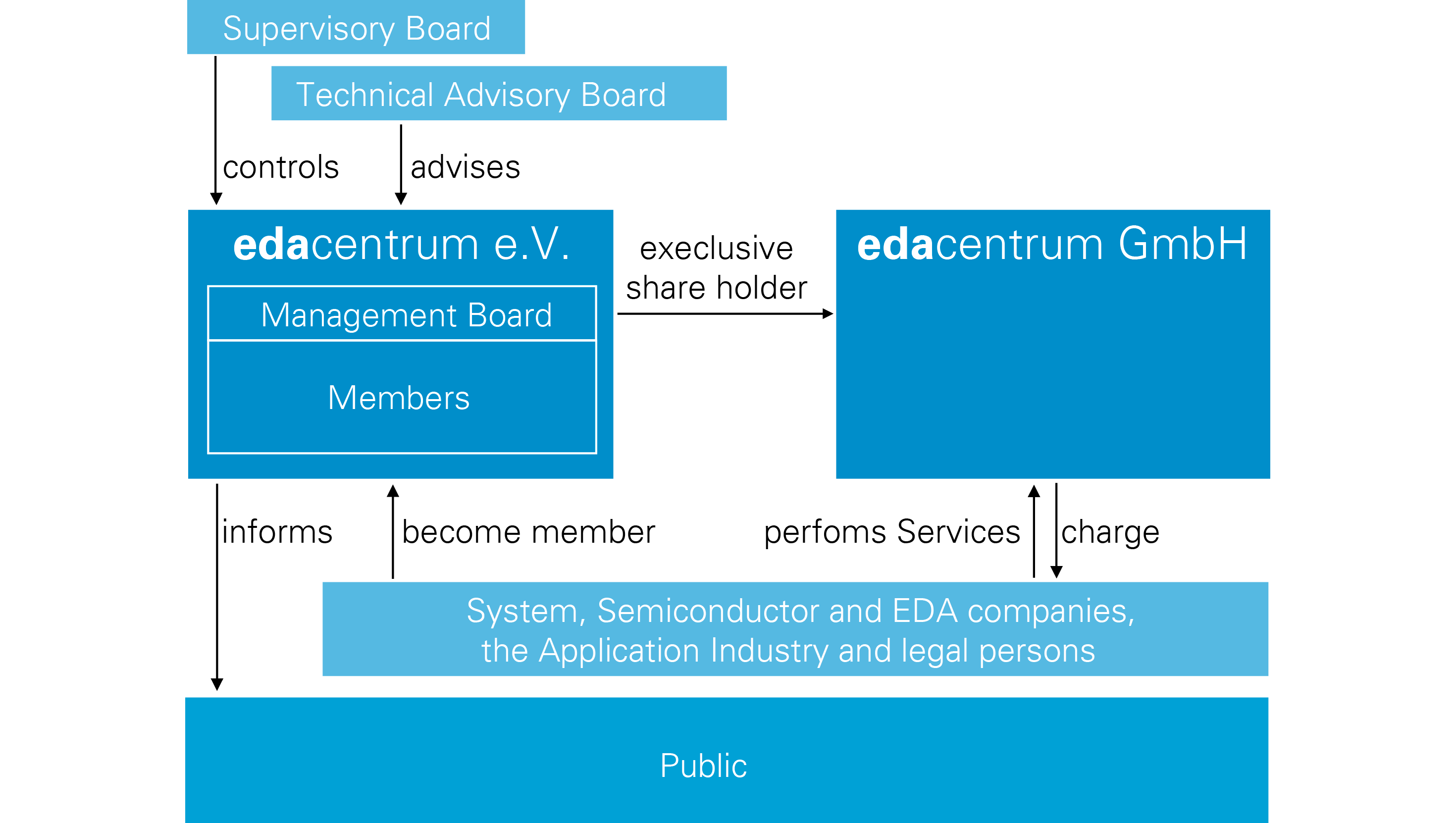
edacentrum e.V.
The edacentrum association is a non-profit organisation that operates on behalf of its members and the projects supported by it, as well as actively engaging in public relations regarding EDA matters. The association is directed by a management board, consisting of a chairman, vice chairman and treasurer . The management board is controlled by the supervisory board and advised by the Steering Committee.
edacentrum GmbH
The edacentrum GmbH, founded in September 2004, primarily serves edacentrum e.V., which is its sole shareholder, as a service center. edacentrum GmbH initiates, coordinates and supports industry-led, publicly funded R&D projects in the field of EDA, which is indispensable for microelectronics, both in the classic sense of “electronic design automation” and in the sense of “electronics, design and applications”, and offers a comprehensive range of services such as project management for these R&D projects. The managing director of the GmbH is Boris Strohmeier.
Supervisory Board
The supervisory board determines the overall objectives of the association and appoints and supervises the management board. It comprises leading industrial companies that have a high level of engagement in microelectronics in Germany. These companies currently include Atmel Automotive GmbH, Infineon Technologies AG, Robert Bosch GmbH. Members of the management board and the spokesman of the steering committee are guest members of the supervisory board.
Spokesman of the Supervisory Board
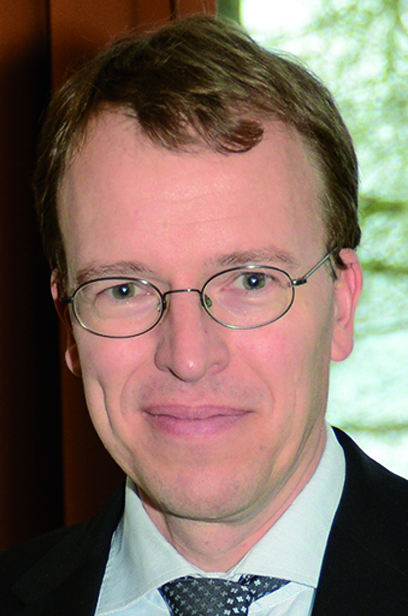
Spokesman for the Supervisory Board
Dr. Tim Gutheit,
Infineon Technologies AG
Technical Advisory Board
The Technical Advisory Board (formely steering committee) provides technical guidance for the edacentrum. It includes representatives from the microelectronics and EDA industries, as well as from small and medium-size enterprises, industry federations and research institutes. Its task is to define research topics, plan projects, and review projects. The members of the management board are also associate members of the Technical Advisory Board. Delegates of funding organisations may also be guest members of the Technical Advisory Board.
Composition of the Technical Advisory Board
The current spokesman for the Technical Advisory Board is Prof. Dr. Wolfgang Nebel, who is also chairman of the management board.
Management Board
The edacentrum is headed by a management board, whose members have an individual responsibility for different edacentrum business divisions.
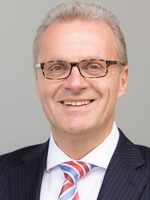
Chairman of the management board
Wolfgang Nebel
Prof. Dr.-Ing. Wolfgang Nebel studied electrical engineering at the University of Hanover. From 1987 to 1993, he initially worked as a software developer, later as a project manager and finally as head of CAD software development at Philips Semiconductors (now NXP) in Hamburg. In 1993, he was appointed Professor of Integrated Circuit Design at the Department of Computer Science at the Carl von Ossietzky University of Oldenburg. He was Dean of the Department of Computer Science from 1996 to 1998 and Vice President Research at the University of Oldenburg in 2001 and 2002. From 1998 to 2022 he was a member and from 2005 to 2020 Chairman of the Board of the OFFIS Institute for Computer Science, an affiliated institute of the University of Oldenburg.
Prof. Nebel taught and researched in the field of novel design methods and tools for embedded systems. He is particularly interested in new technologies for reducing energy consumption and increasing robustness in information and communication systems. He has published more than 200 papers in this field. Prof. Nebel is co-founder of several start-up companies in the IT sector, member of the German Academy of Science and Engineering acatech, Fellow of the IEEE and member of numerous professional associations and committees.
Vice chairman of the management board
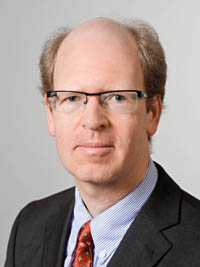
Ulf Schlichtmann,
Technische Universität München (TUM)
Prof. Dr.-Ing. Ulf Schlichtmann (born 1964) studied electrical engineering and information technology at TUM, where he subsequently received his PhD for a thesis on logic synthesis for FPGAs. From 1994 to 2003, he held various technical and management positions at Infineon Technologies AG (until 1999: Siemens AG, Semiconductor Division). Most recently, he was responsible for the "Design Libraries" department (standard cells, SRAMs, I/Os incl. ESD structures) at Infineon. Since 2003 he has been head of the Chair of Electronic Design Automation at TUM. From 2008 to 2011 he was Dean of the Department of Electrical and Computer Engineering at TUM.
Ulf Schlichtmann conducts research on methodology and automation of the design of complex electronic circuits and systems. Since several years, his research also addresses emerging technologies and architectures (photonics, microfluidics, neuromorphic computing). He has published more than 300 scientific papers on these topics. Ulf Schlichtmann is a member of various advisory boards as well as the German Academy of Science and Engineering (acatech).
Treasurer
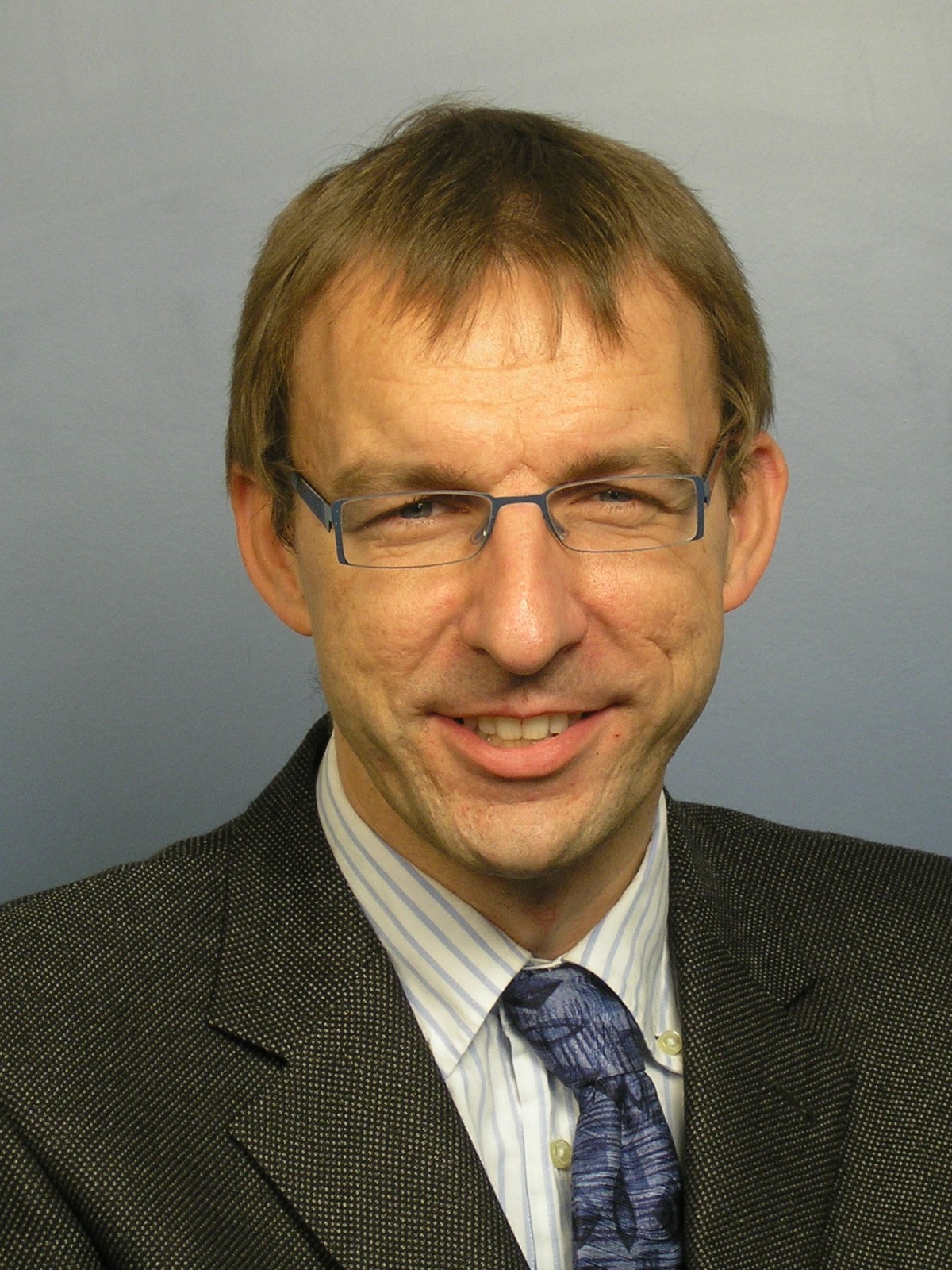
Holger Blume,
Institut für Mikroelektronische Systeme (IMS)
Leibniz Universität Hannover
Holger Blume studied electrical engineering at the University of Dortmund, where he also completed his doctorate with distinction in 1997. From 1998 to 2008, he worked as a senior academic advisor at RWTH Aachen University, where he habilitated in 2008 in the field of model-based design space exploration for architectures for digital video signal processing. Since July 2008, he has headed the Institute of Microelectronic Systems at Leibniz University Hannover and is Professor of Architectures and Systems. Since 2021, he has also been Vice President for Research and Transfer at Leibniz University Hannover.
His research interests are in the field of algorithms and architectures for digital signal processing applications in biomedical engineering and electronic driver assistance systems. He is Chairman of the German section of the IEEE Solid State Circuits Society and a member of the Steering Board of the DFG Cluster of Excellence Hearing4all.
